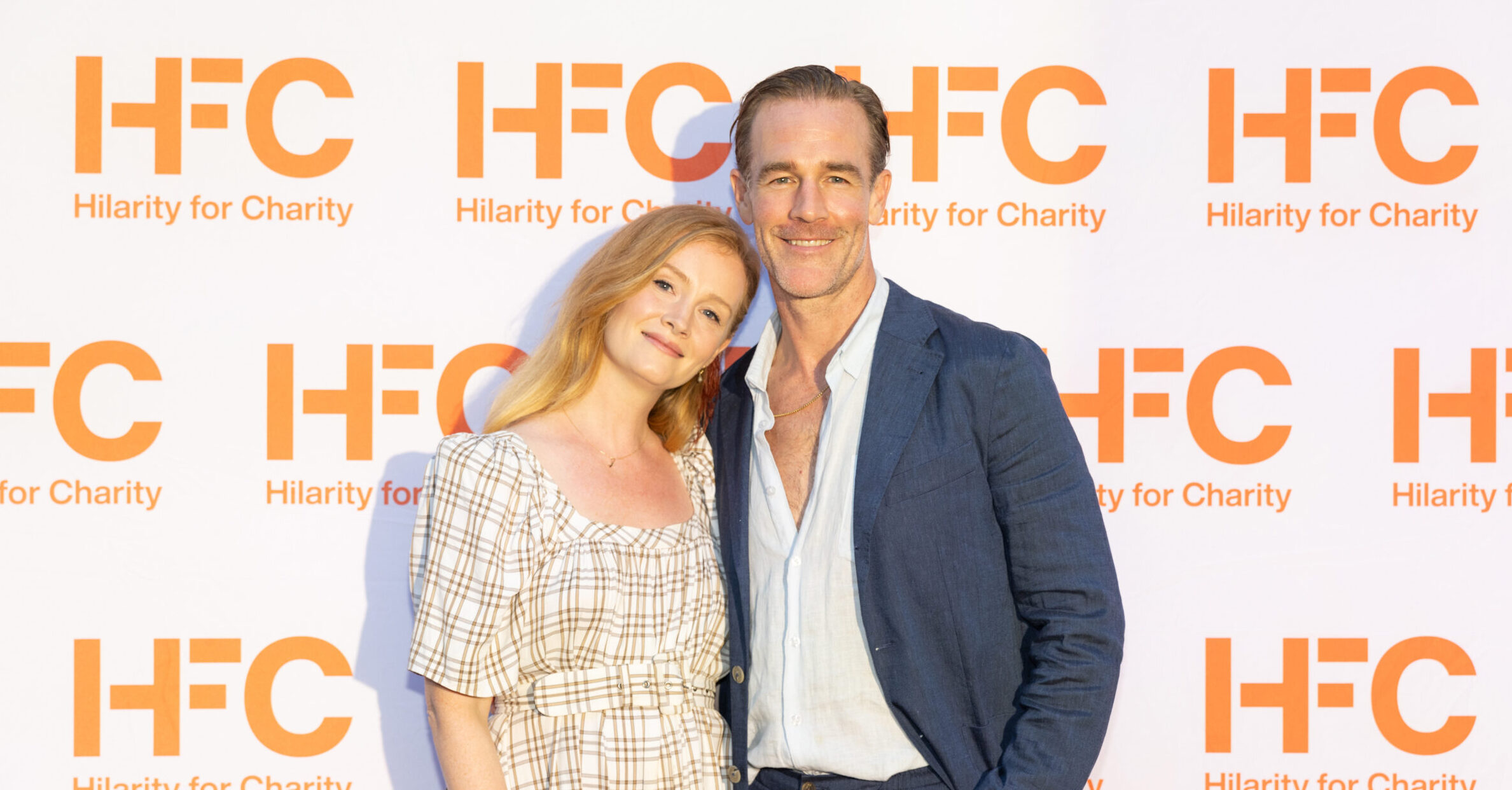The Tragic and Ironic Turn of the Hymnist Pastor

Bells were ringing and flags were flying as more than 4,000 people attended the opening services of the Riverside Church in New York City on Sunday October 5, 1930.
In the throes of the deepening Great Depression, many who came that autumn morning were financially reeling, unsure how they were going to pay the bills, more likely running out of money long before running out of the month.
From the beginning, Riverside Church was something of a protest statement and its pastor its chief contrarian and protestor. A stunning structure spanning two blocks overlooking the Hudson River, it was funded by the famed industrialist John D. Rockefeller with the understanding it be pastored by Dr. Harry Emerson Fosdick, former head of the Park Avenue Baptist Church.
Dr. Fosdick had been forced to resign in 1925 from Manhattan’s First Presbyterian Church because of his heretical beliefs and teaching, specifically his renunciation of the fact the Bible was true, fully reliable and infallible.
“I should be ashamed to live in this generation and not be a heretic,” he stated.
In short, Fosdick believed the totality of the teachings of the Bible were not sufficient for the times.
Sound familiar?
When he preached a sermon titled, “Shall the Fundamentalists Win?” the clash was on. He defiantly stated:
They insist that we must all believe in the historicity of certain special miracles, preeminently the virgin birth of our Lord; that we must believe in a special theory of inspiration—that the original documents of the Scripture, which of course we no longer possess, were inerrantly dictated to men a good deal as a man might dictate to a stenographer; that we must believe in a special theory of the Atonement—that the blood of our Lord, shed in a substitutionary death, placates an alienated Deity and makes possible welcome for the returning sinner; and that we must believe in the second coming of our Lord upon the clouds of heaven to set up a millennium here, as the only way in which God can bring history to a worthy denouement. Such are some of the stakes which are being driven to mark a deadline of doctrine around the church.
Dr. Fosdick’s journey to Riverside Church first went through Park Avenue Baptist, which was the home church of the business titan Rockefeller. Only Fosdick didn’t want to join forces with him at first.
“I do not want to be known as the pastor of the richest man in the country,” the pastor told Rockefeller, turning down his first invitation to shepherd his congregation.
“I like your frankness,” Rockefeller replied. “But do you think that more people will criticize you on account of my wealth than will criticize me on account of your theology?”
In addition to his sermons, Fosdick’s progressive theology was reflected in his radio addresses, newspaper columns and various community associations. He was an early and earnest fan and champion of Planned Parenthood’s Margaret Sanger, specifically related to her support of birth control. Fosdick was also a pacifist who opposed America’s aggressive bombing of Germany during World War II – but then finally acknowledged its necessity after learning of the horrors of the Holocaust.
For the opening service of Riverside Church, Dr. Fosdick wrote the stirring and beloved hymn, “God of Grace and God of Glory.” Sung to the tune of Cwm Rhondda (“Guide Me of Thou Great Jehovah”), it addresses timeless challenges still facing believers nearly one-hundred years later. The refrain builds by repeating the plea, “Grant us wisdom, grant us courage” followed by a series of strong and practical prayers:
Grant us wisdom, grant us courage … For the facing of this hour … For the living of these days … Lest we miss Thy kingdom’s goal … That we fail not man nor Thee … Serving Thee whom we adore.
Dr. Fosdick’s championing of the “social gospel” has been widely embraced by many of the mainstream denominations that once opposed his troubled teaching. The tragedy of the movement is that some of its valid points about putting feet to our faith were long ago swallowed up and overshadowed by its radicalism and heresy.
On the eve of Riverside’s opening, in a longish feature in The New York Times, Dr. Fosdick’s pastoral philosophy was summed up in the following headline: “A Religion to Fit the Life of Today.” It was stated the controversial pastor was simply adjusting and reinterpreting the Bible to fit the needs of 1930.
Of course, God’s Word needs no modification nor modernization. That’s the ploy and play of progressives. Perhaps hymnist Dr. Fosdick’s own words can serve as our best response – and prayer:
Lo! the hosts of evil ’round us,
Scorn Thy Christ, assail His ways.
From the fears that long have bound us,
Free our hearts to faith and praise.
Grant us wisdom, grant us courage,
For the living of these days,
For the living of these days
Image from Colgate University.
ABOUT THE AUTHOR
Paul J. Batura is a writer and vice president of communications for Focus on the Family. He’s authored numerous books including “Chosen for Greatness: How Adoption Changes the World,” “Good Day! The Paul Harvey Story” and “Mentored by the King: Arnold Palmer's Success Lessons for Golf, Business, and Life.” Paul can be reached via email: Paul.Batura@fotf.org or Twitter @PaulBatura
Related Posts

The Refreshing Patriotism of Olympian Jasmine Jones
February 13, 2026

Colorado Committee Kills ‘Children Are Not for Sale Bill’
February 13, 2026

Washington School District Buries Female Wrestler’s Sexual Assault Complaint Against Male Opponent
February 12, 2026

“Who Am I?”: James Van Der Beek’s Final Answer
February 12, 2026
